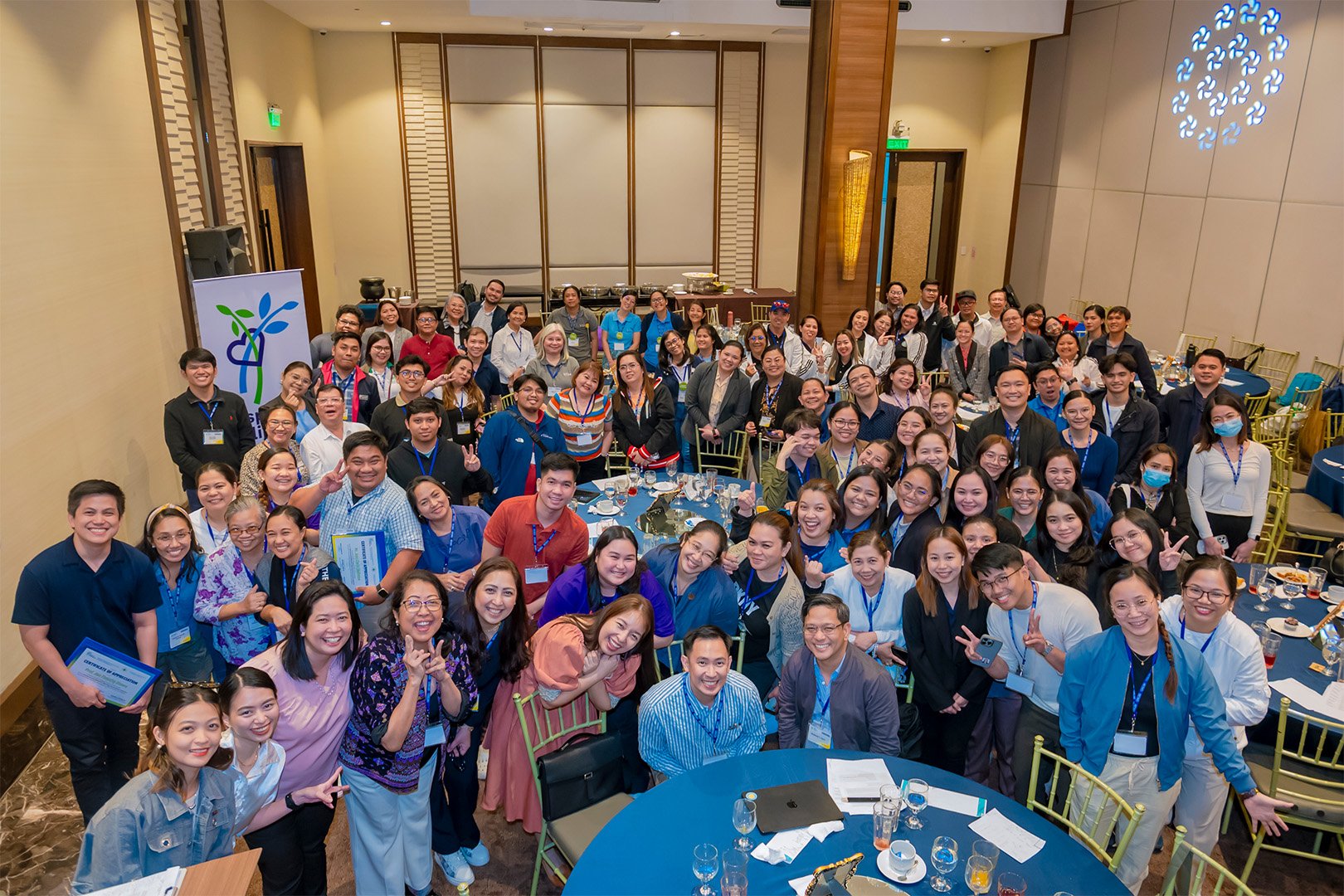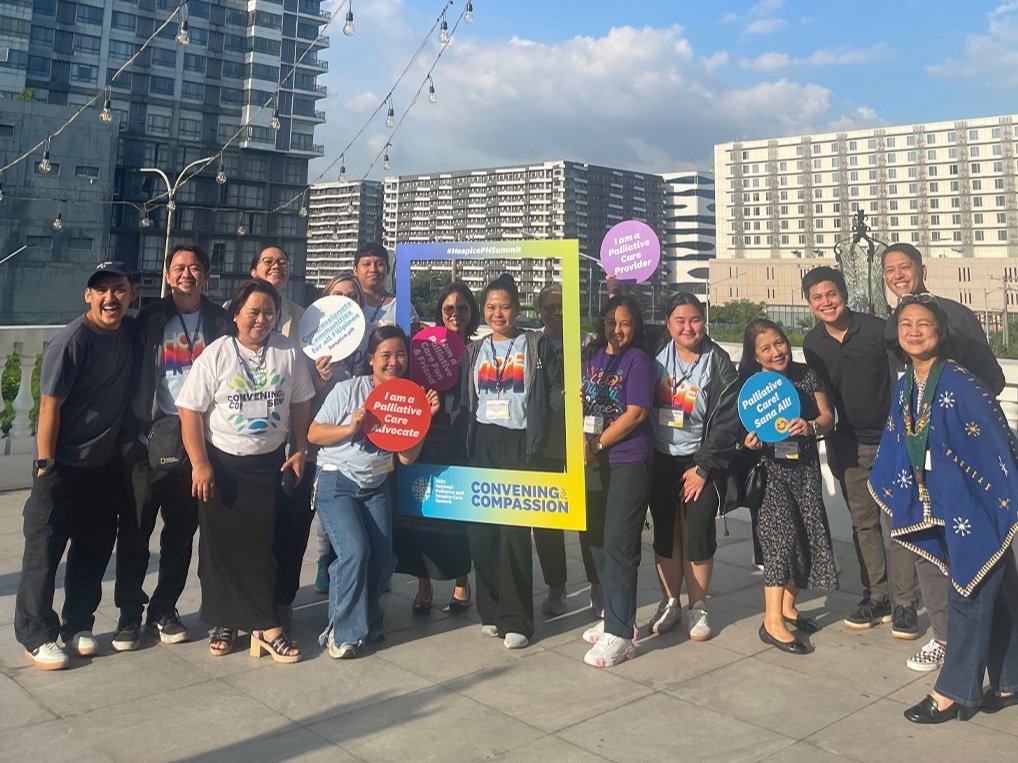On January 12, 2025, The Ruth Foundation marked a milestone—12 years of restoring dignity and bringing hope through palliative care. The evening was a heartfelt tribute to the past, present, and future of the foundation’s mission, filled with gratitude, music, and inspiring reflections.
The celebration opened with a breathtaking performance by master violinist Merjohn Lagaya, setting the tone for a night of thanksgiving and remembrance. Rev. Mike Trinidad, Chairman of the Board of Trustees, welcomed everyone by acknowledging the faithfulness of God throughout the foundation’s 12-year journey. His words served as a powerful reminder that TRF’s mission has been sustained by divine grace.
Dr. Mae Corvera, the founding president, followed with a heartfelt thanksgiving message, recounting TRF’s many milestones over the years—from the total number of care encounters to the provinces reached by TRF’s palliative care services. Her reflections painted a picture of progress and perseverance, honoring the foundation’s growth and the countless lives touched. The audience was further uplifted by beautiful hymns and songs performed by sibling duo Sharon and Dave Vicente, filling the venue with a sense of warmth and community.
A highlight of the evening was the special anniversary videos, which showcased the event’s overarching themes: Honoring the Past, Caring for the Present, and Inspiring the Future. These videos captured the essence of TRF’s mission and its impact on individuals and communities, leaving a lasting impression on all who attended.
Among the distinguished guests was DepEd Secretary Sonny Angara, who shared his hopeful vision for making palliative care more accessible, particularly for students with special needs. His words emphasized the importance of integrating palliative care into broader health and education systems to ensure that no one is left behind.
Dr. Gerardo Legaspi, Director of PGH, also graced the occasion, reflecting on PGH’s longstanding collaboration with TRF. His remarks highlighted the efforts between institutions to advance palliative care and bring relief to patients in need.
Adding a touch of humor and nostalgia, DepEd Undersecretary Peter Irving Corvera, a founding member of TRF, shared anecdotes about the foundation’s early days. He exchanged lighthearted jokes with board members while also honoring the individuals and supporters who have helped sustain TRF’s advocacy over the years.
The night ended on a poignant note with a moving performance of “When You Believe” by Sharon Vicente. The song served as a powerful reminder that miracles happen when people come together for a common cause. It was a fitting conclusion to an evening that celebrated 12 years of hope, care, and unwavering commitment.
As The Ruth Foundation looks ahead, it remains dedicated to its mission of enhancing the quality of life for those facing advanced illness. With faith, compassion, and the support of its growing community, the foundation is poised to continue making a meaningful impact for years to come.

























































